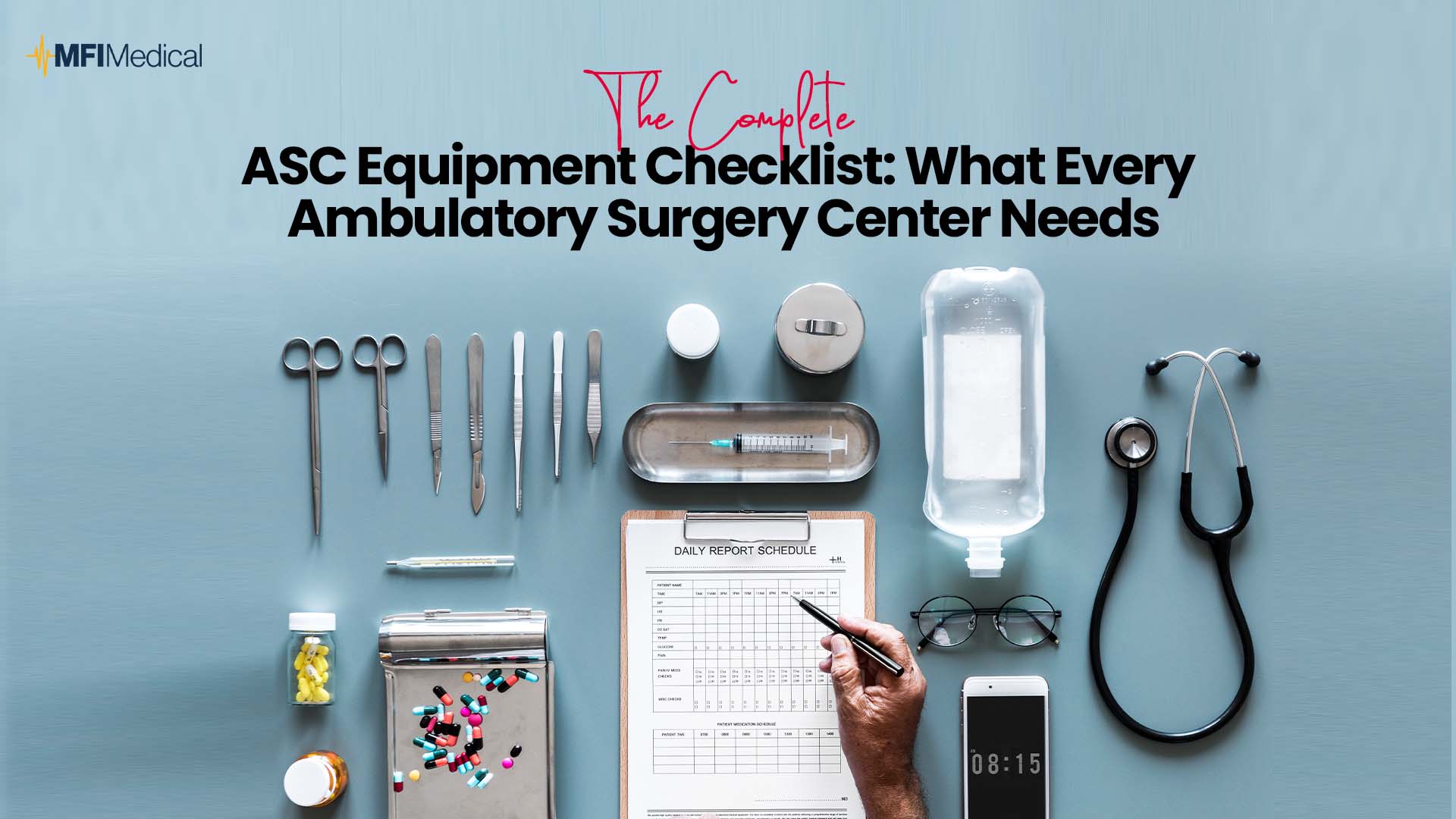Face masks are an essential part of infection control in healthcare settings. From N95 respirators to basic surgical masks, each type serves a specific purpose and offers varying levels of protection. Understanding the differences between N95, KN95, and basic face masks can help healthcare professionals and individuals make informed decisions about which mask is best suited for their needs.
Understanding Different Types of Medical Face Masks

Here, we’ll break down the main types of medical face masks and compare their features to help you choose the best option for your situation:
1. N95 Respirator Masks
N95 masks are the gold standard for respiratory protection in healthcare settings. They are designed to filter out at least 95% of airborne particles, including large respiratory droplets and smaller aerosols. The tight fit of N95 masks around the nose and mouth ensures a secure seal, reducing the wearer’s exposure to airborne pathogens.
-
Key Features:
- Provides 95% filtration efficiency against airborne particles.
- Tight, secure fit around the face to prevent air leakage.
- Often used in healthcare settings during procedures that generate aerosols.
-
Best For: Healthcare professionals, high-risk situations, and environments where protection against airborne particles is crucial.
-
Where to Find: Explore N95 masks at MFI Medical.
2. KN95 Masks
KN95 masks are the Chinese equivalent of N95 respirators, offering similar levels of filtration efficiency (95%) against airborne particles. However, KN95 masks may have ear loops instead of head straps, which can affect the fit and seal. While they offer high levels of protection, the fit of a KN95 mask may not be as tight as that of an N95.
-
Key Features:
- Filters out at least 95% of airborne particles.
- Comfortable ear loops for ease of use.
- May not fit as securely as N95 masks but still provide significant protection.
-
Best For: General public use, healthcare settings where N95 masks are not mandatory, and daily wear in high-risk environments.
-
Where to Find: Explore KN95 masks at MFI Medical.
3. Basic Face Masks (Surgical Masks)
Basic face masks, often referred to as surgical masks, are loose-fitting disposable masks that cover the nose and mouth. They are primarily designed to protect others by blocking large droplets, splashes, or sprays that may contain germs. While they do not provide a tight seal or filter out small airborne particles as effectively as N95 or KN95 masks, they are still widely used for general protection.
-
Key Features:
- Designed to block large droplets and splashes.
- Loose fit, with ear loops or ties for easy wear.
- Single-use and disposable.
-
Best For: Everyday use, lower-risk environments, and general public settings where social distancing is maintained.
-
Where to Find: Explore basic face masks at MFI Medical.
How to Choose the Best Mask for Your Needs
When choosing a mask, consider factors such as the level of protection needed, the fit and comfort, and the specific use case. For healthcare professionals in high-risk settings, N95 masks are often recommended. For the general public, KN95 masks offer substantial protection and ease of use. Basic face masks are suitable for lower-risk environments and daily public use.
FAQs

1. How often should N95 and KN95 masks be replaced?
N95 and KN95 masks are designed for single-use, especially in healthcare settings. They should be replaced once they become soiled, damaged, or if breathing becomes difficult.
2. Can basic face masks protect against airborne particles?
Basic face masks are primarily designed to protect others from large droplets and are not as effective against airborne particles like N95 and KN95 masks.
3. Are N95 and KN95 masks reusable?
N95 and KN95 masks are intended for single-use. However, in some cases, they may be reused if stored properly and if they remain undamaged and clean.
4. What is the difference between N95 and KN95 masks?
The main difference is the regulatory standards they adhere to; N95 masks follow U.S. standards, while KN95 masks follow Chinese standards. They both offer 95% filtration efficiency but may vary in fit and comfort.
5. How can I ensure the best fit for my mask?
For N95 and KN95 masks, ensure a tight seal around your face, with no gaps on the sides. For basic face masks, adjust the nose wire and ear loops for a snug fit.
Conclusion

Choosing the right face mask depends on the level of protection required and the specific use case. N95 respirators offer the highest level of protection, making them ideal for healthcare professionals in high-risk settings. KN95 masks provide a similar level of protection and are suitable for both medical and general public use. Basic face masks are perfect for everyday use in lower-risk environments. For a wide selection of medical face masks, visit MFI Medical’s face maskcollection.




